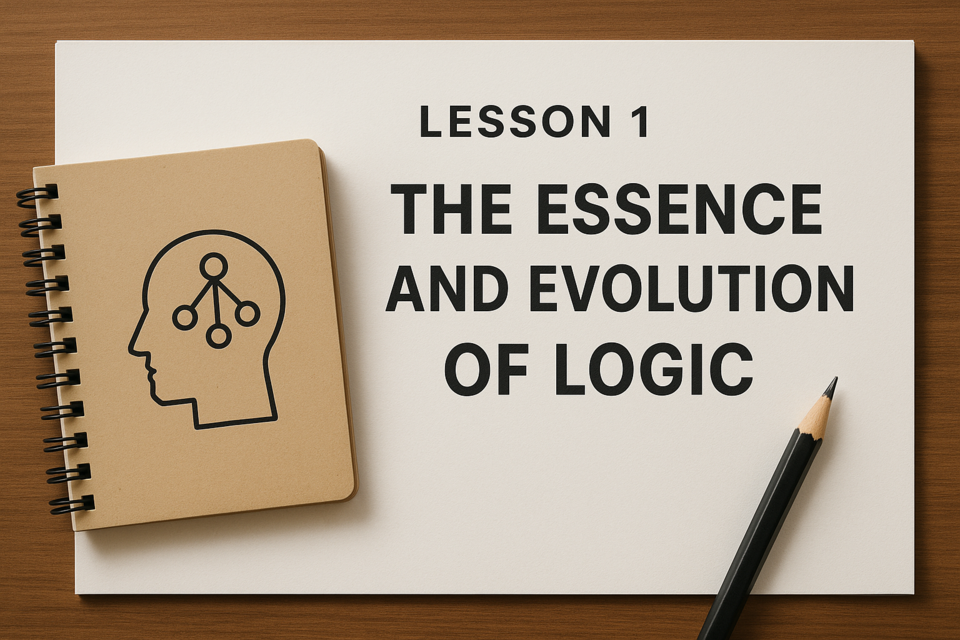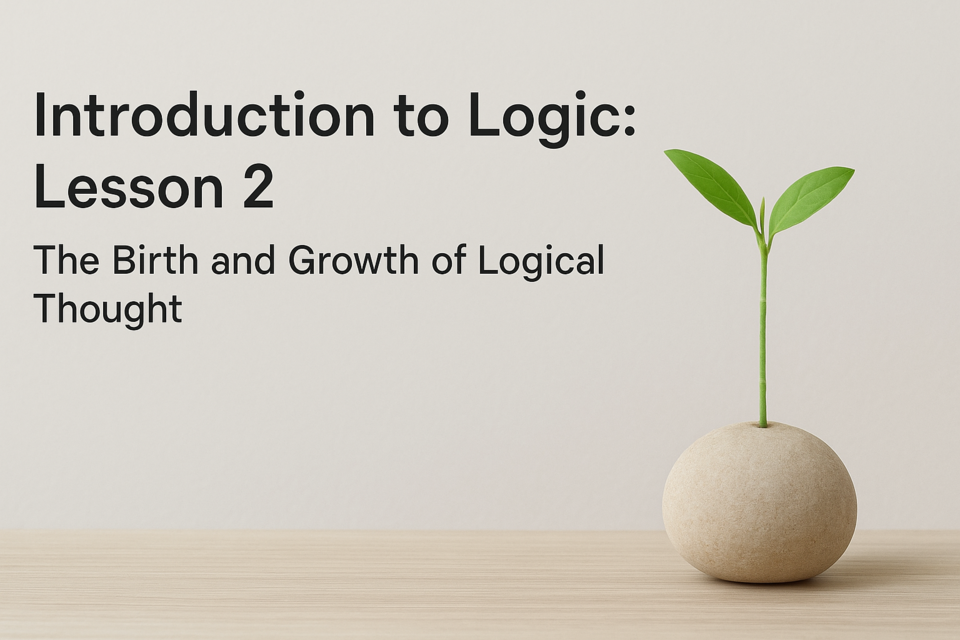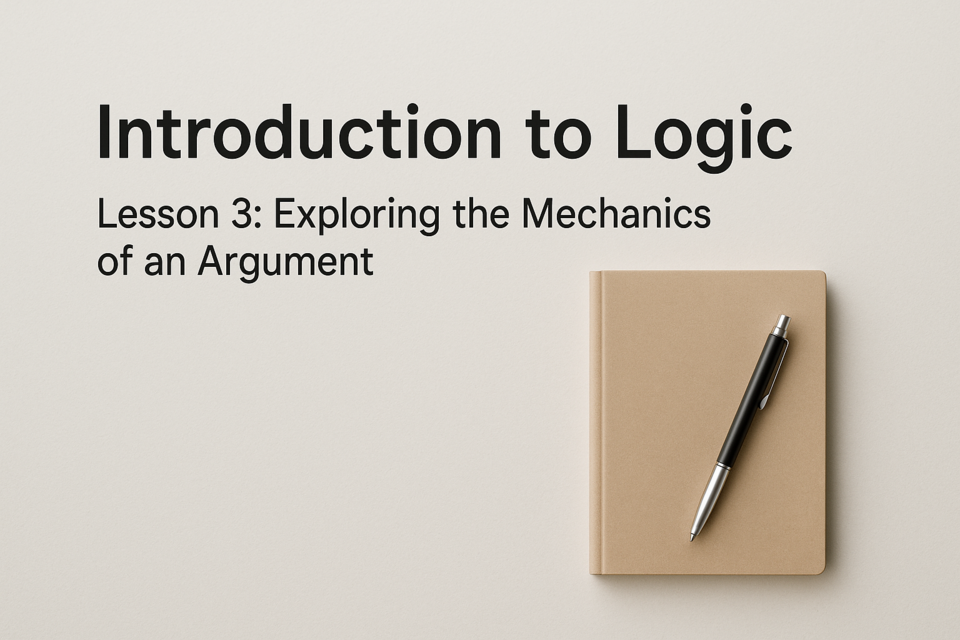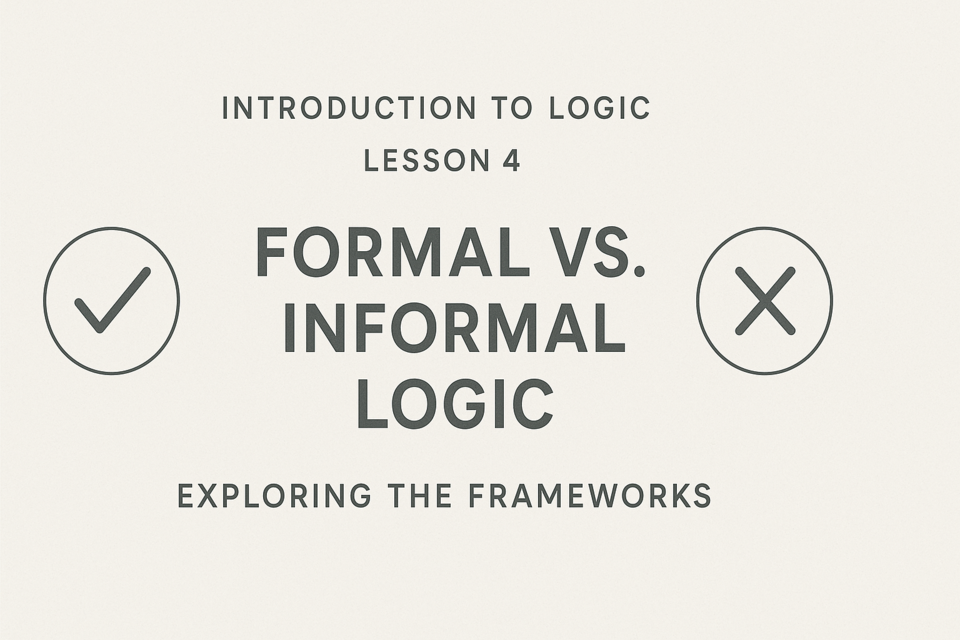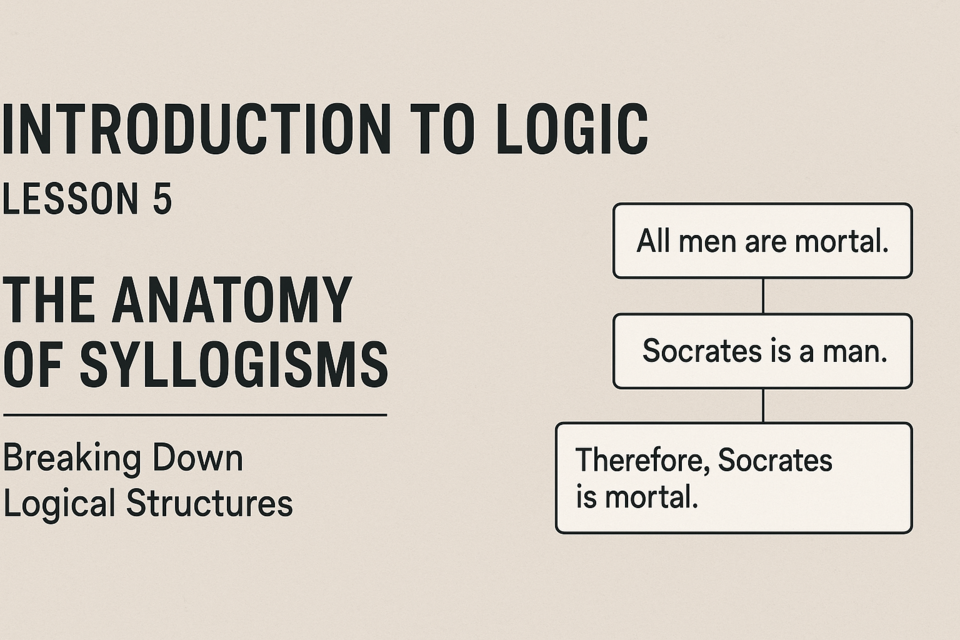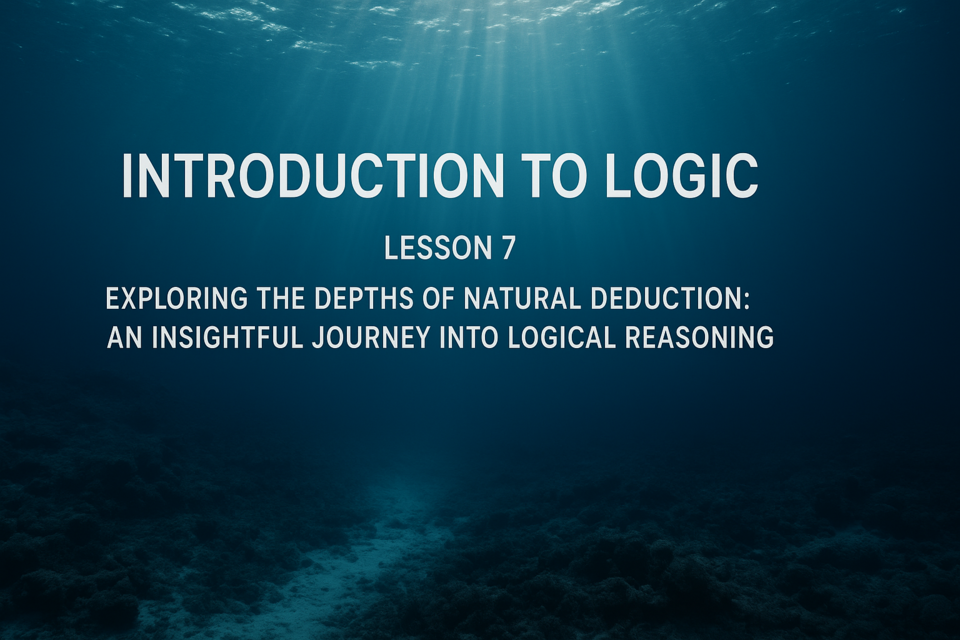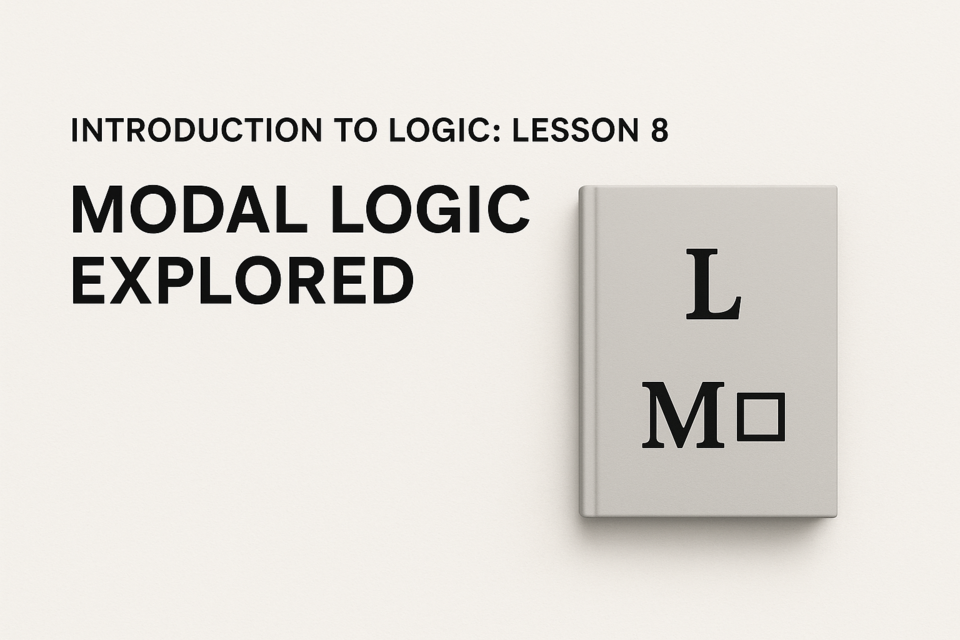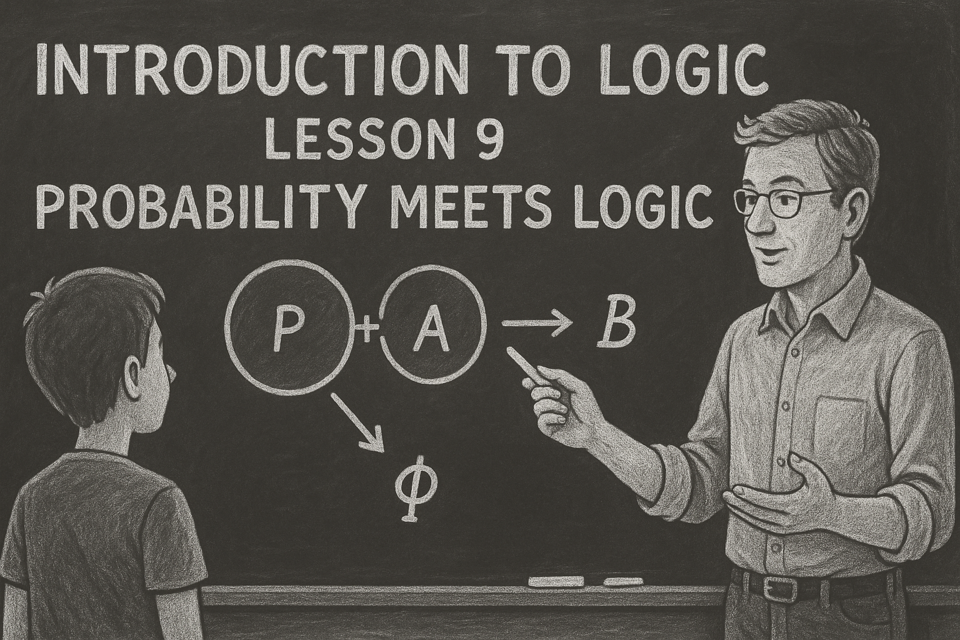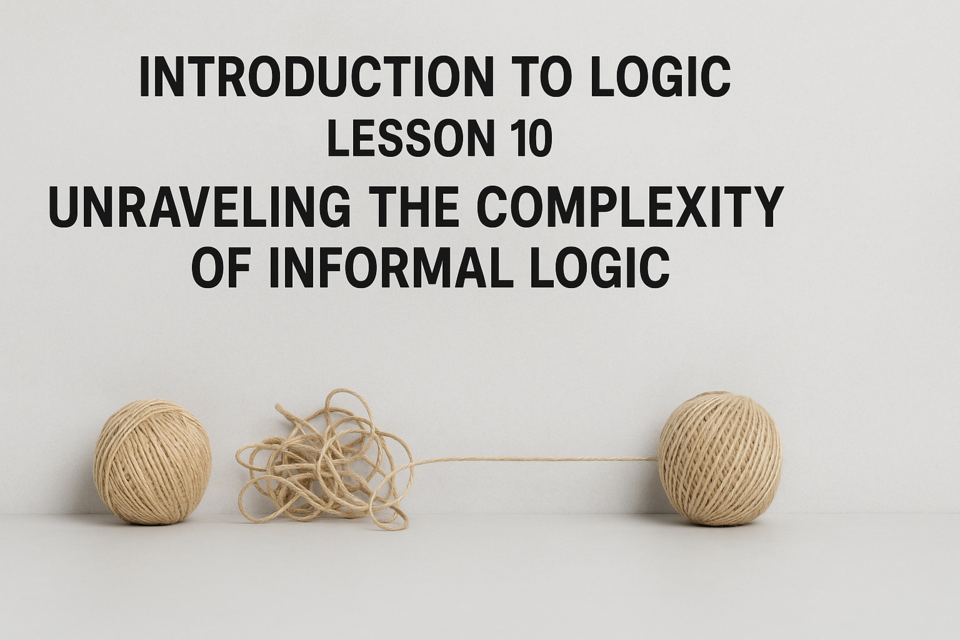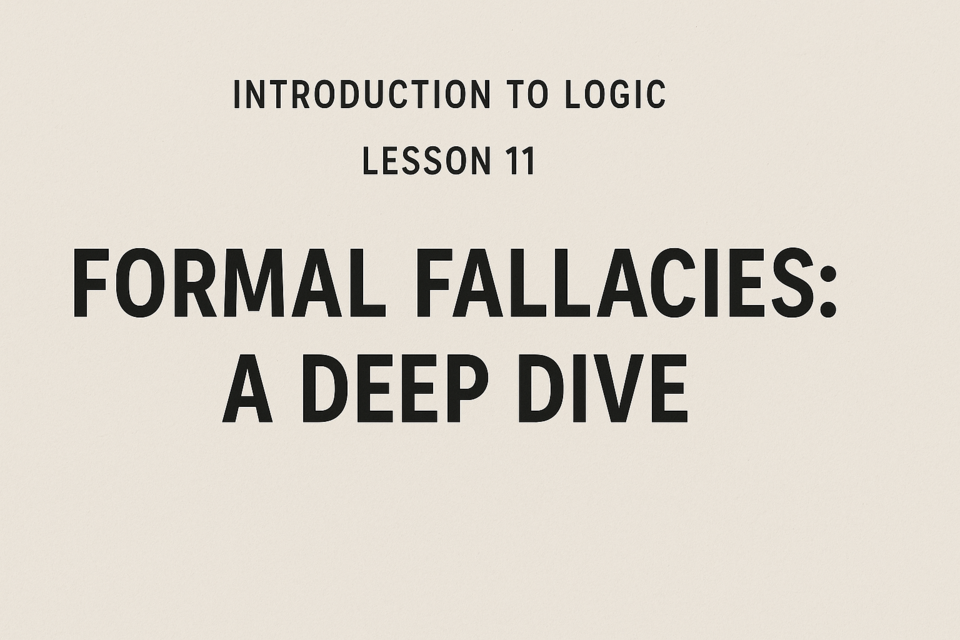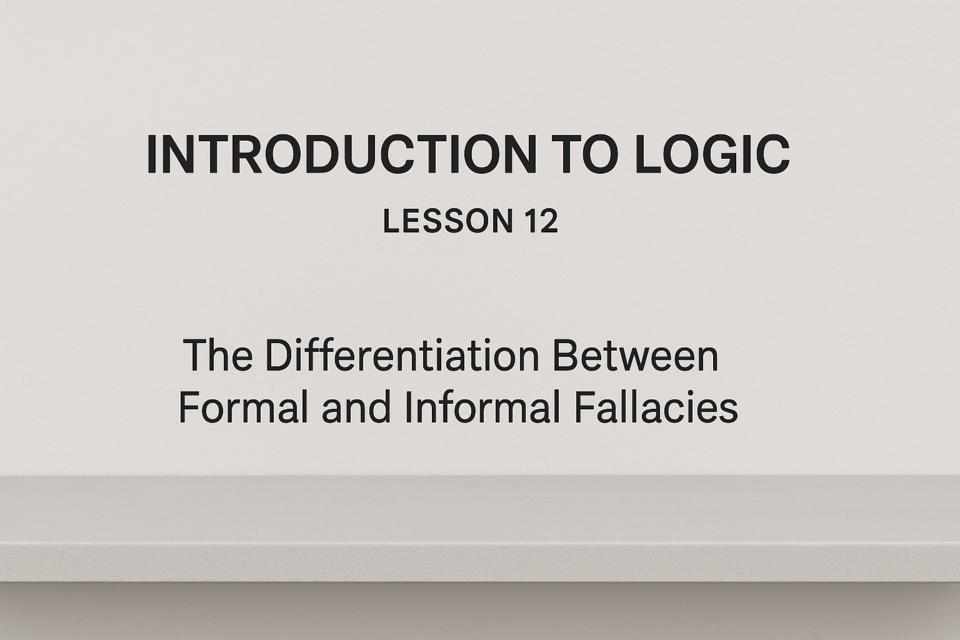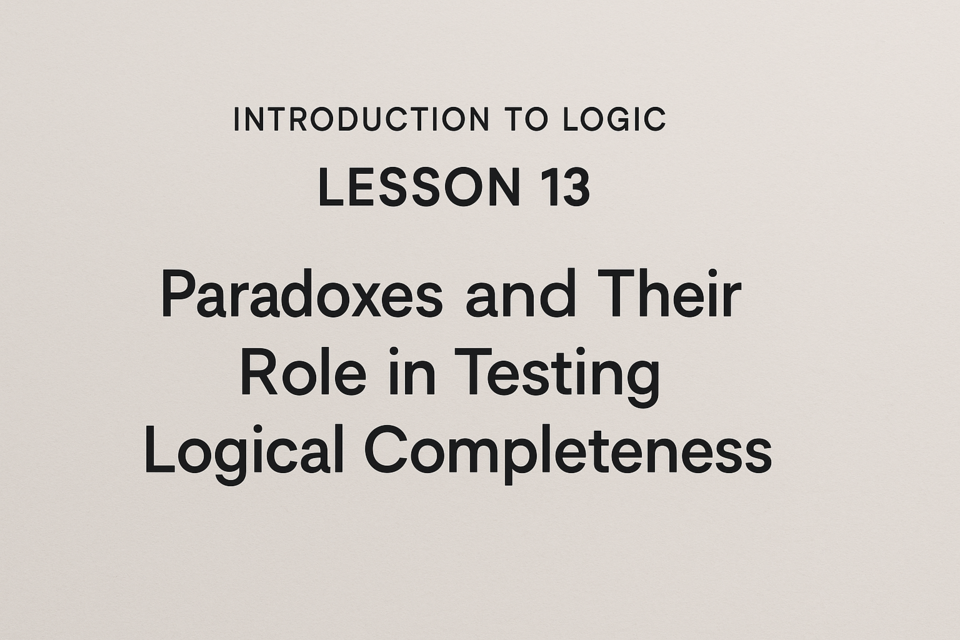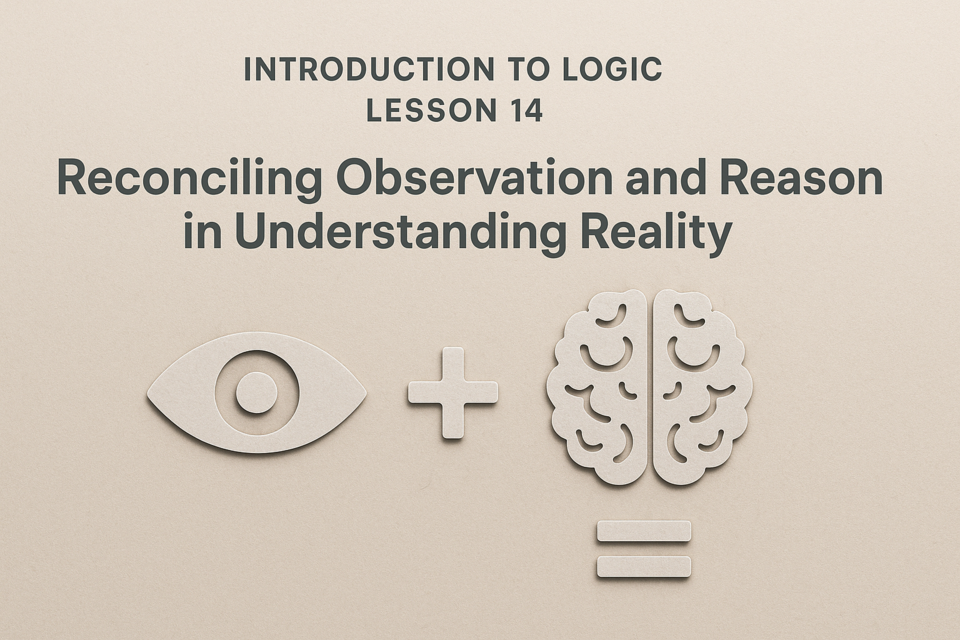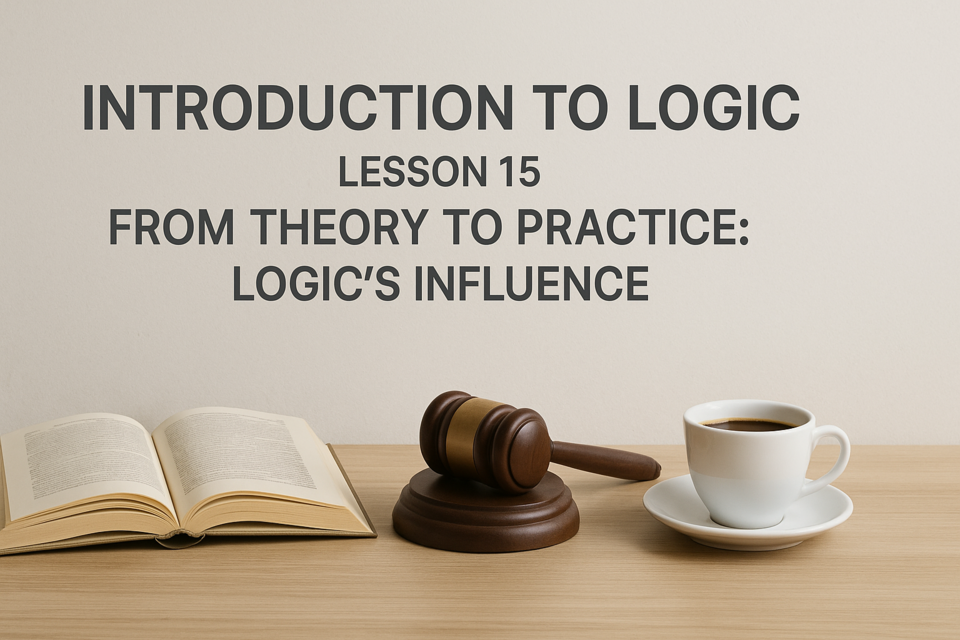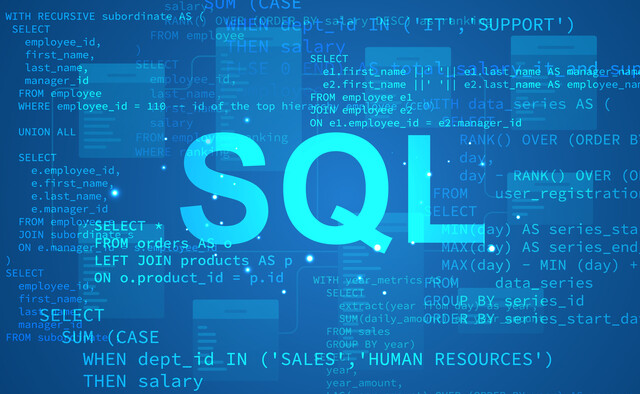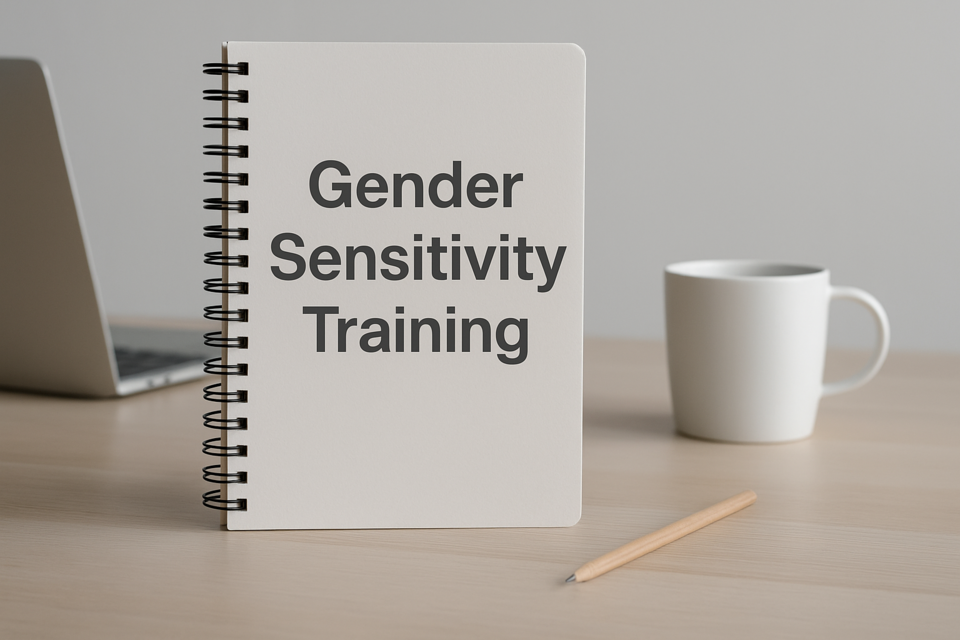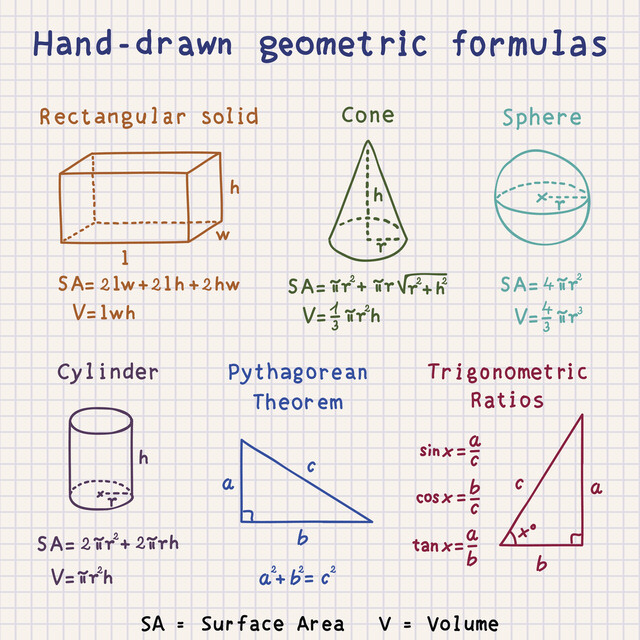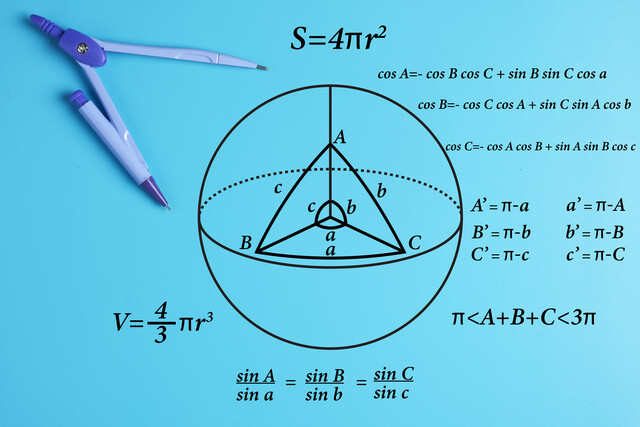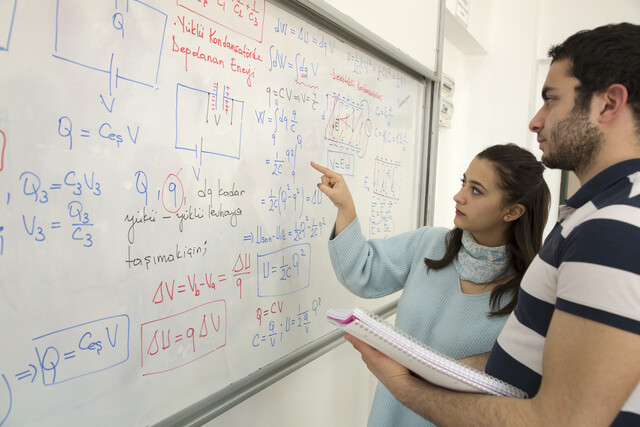Introduction to Logic
Unlock the Power of Reasoning

7 Hours average completion time
0.7 CEUs
15 Lessons
25 Exams & Assignments
36 Discussions
15 Videos
52 Reference Files
Mobile Friendly
Last Updated January 2024
Embark on the Enigmatic Odyssey of Logic
Long before mankind gazed at the stars through telescopes, endeavoring to unravel the mysteries of the cosmos, or embarked on perilous journeys to uncover Earth's hidden secrets, there was an academic pursuit that captivated inquisitive minds: the profound examination of logic. In an era where deities were believed to reign supreme from the lofty peaks, this ancient discipline sought to decipher the code of rationality that underpins our very existence.
Today, in our modern lexicon, 'logic' is often perceived merely as a synonym for common sense or rationality. However, the realm of logic is much richer, far-reaching, and profound. It is a meticulously constructed edifice of rules that delineates what is deemed rational and what is not.
This course promises a riveting journey into the heart of logical studies. We'll traverse the landscapes of both formal and informal logic, discern between the nuances of inductive and deductive reasoning, and explore advanced schools of logical thought. As we delve into formal logic's realm--stripping down statements to their purest, abstract essence--you'll be introduced to its intricate systems and languages. However, fear not! Our voyage will predominantly anchor in plain English, ensuring a clear and engaging learning experience. Along the way, expect intriguing detours into paradoxes, fallacies, historical insights, and the myriad applications of logic.
One might wonder, why embark on such a journey? The motive is twofold. Firstly, to demystify the classical essence of 'logic', disentangling it from its contemporary, colloquial use. And secondly, to instill a deeper appreciation and understanding of logic that transcends textbook definitions, empowering you to harness its principles in everyday life.
A Prelude to Our Journey: The Essence of Logic
At its core, logic is the art and science of constructing and dissecting arguments pertaining to truth and falsehood. It is governed by a consistent set of rules that, when adeptly applied, ascertain the validity of an argument. For logic to weave its magic, it demands binary clarity: the statement in question must be provable as true or false.
Language: The Heartbeat of Logic
At the intersection of thought and expression lies language, serving as the bedrock upon which logical edifices are built. Whether it be the eloquent arguments of ancient Greeks or the modern-day debates in English, the principles of logic remain universal, transcending linguistic boundaries. However, with the ever-evolving nature of language, riddled with dialectical variations and semantic shifts, logic's timeless pursuit has been to find a system unshackled by linguistic constraints.
Join us on this enlightening expedition, as we voyage through the mesmerizing corridors of logic, a discipline that has shaped civilizations and continues to illuminate our path in an increasingly complex world.
- Fallacy identification expertise
- Structured argument analysis
- Advanced reasoning with paradoxes
- Proficiency in deductive reasoning
- Inductive reasoning insights
- Critical thinking enhancement
- Sound reasoning skills
- Comprehension of formal logic systems
- Clarity in complex communication
- Appreciation for logical history
- Logical problem-solving techniques
Choose from plans starting at just $16/month (billed annually)
See Your Team Succeed
Empower your team instantly with an integrative group enrollment system. Purchase licenses in bulk with Group Discounts.

